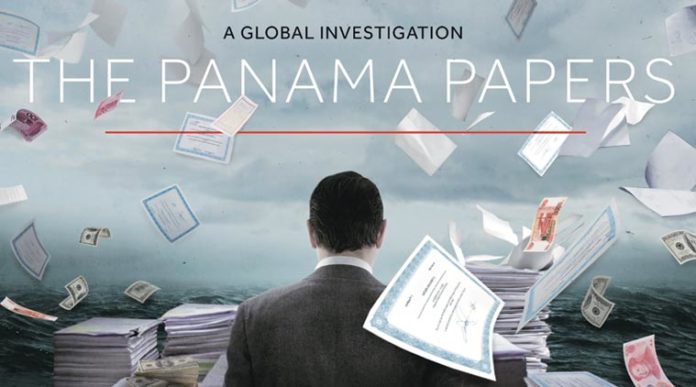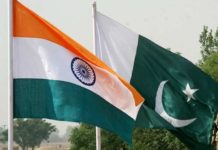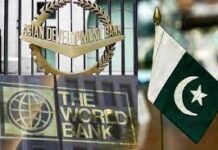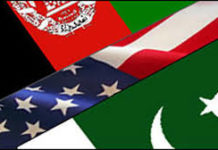By Muhammad Luqman
Finance Minister Ishaq Dar and Sharif family’s lawyers have submitted separate objections to the final report of the joint investigation team (JIT) in the Supreme Court. The team had probed allegations of money laundering against the family of Pakistan’s Prime Minister Nawaz Sharif.
A three-member apex bench, headed by Justice Ejaz Afzal, and comprising Justice Sheikh Azmat Saeed and Justice Ijazul Ahsan, took up the case after nearly two months.
In the objections filed before the SC, the Sharif family and the finance minister rejected the JIT report and argued that the team had exceeded its mandate.
The bench heard arguments from lawyers of Pakistan Tehreek-i-Insaf (PTI), Jamaat-e-Islami (JI), and Sheikh Rashid. During his statements before the judges, Pakistan Tehreek-i-Insaf’s (PTI) lead counsel Naeem Bukhari requested that PM Nawaz Sharif should be asked to come to the court for questioning.
Adjourning the hearing until Tuesday, the judges directed PML-N’s lawyers to present their arguments on Tuesday. The bench also called lawyers of the National Accountability Bureau (NAB) and the Federal Board of Revenue (FBR) to the next hearing.
Putting forward his arguments before the apex bench, Bukhari highlighted certain findings from the JIT report, including the alleged false testimony of Tariq Shafi, who is Prime Minister Nawaz Sharif’s cousin and a key respondent in the case.
Shafi recorded a “false testimony” earlier regarding an agreement that he made in 1980 with Abdullah Kayed Ahli, the owner of Ahli Steel Company, Dubai in which Shafi held 25 per cent shares, said Bukhari.
According to Shafi’s testimony, under the agreement signed at the time of the sale of the Sharif family’s Gulf Steel Mills, Shafi’s shares in Ahli’s company were sold and a net aggregate sum of 12 million dirhams was agreed upon.
Shafi stated that he had deposited the massive sum with Sheikh Fahad bin Jassim bin Jaber Al-Thani of Qatar, after receiving each installment from Mohammad Abdullah Kayed Ahli.
The JIT sought legal assistance from the United Arab Emirates [in conducting its investigations] and found that the transaction of 12m dirhams never took place, Bukhari said.
“It was claimed that the Gulf Steel Mills were sold for 33m dirhams,” Bukhari said, arguing that this was not the case and the Sharif family had been unable to clear its position regarding the mills.
“According to the JIT, the funds for investment in Qatar were not available [to the Sharif family],” Justice Ijazul Ahsan observed.
Bukhari claimed that the letter by former Qatari prime minister Sheikh Hamad bin Jassim bin Jaber Al-Thani that was submitted in the SC was “proven to be bogus” and therefore, the “story is now finished”.
“Was the letter bogus or was the story around the letter bogus?” Justice Ejaz Afzal asked the lawyer, to which Bukhari replied that both were fabricated.
As the bench inquired about the sources of the Sharif family’s funds, the lawyer told the court that the JIT in its report stated that the assets of the ruling family and the finance minister exceeded their incomes.
Bukhari pointed out that according to the JIT report, the PM is the beneficial owner of the Saudi-based company Hill Metals Establishment and that the letter from the former Qatari PM was fake.
The SC judges inquired about the sources of the documents obtained by the JIT.
“Without knowing what the sources are, can we say that the documents are accurate?” asked Justice Ejaz Afzal, adding that it would have to be verified whether the documents from abroad were transferred to Pakistan through legal means.















